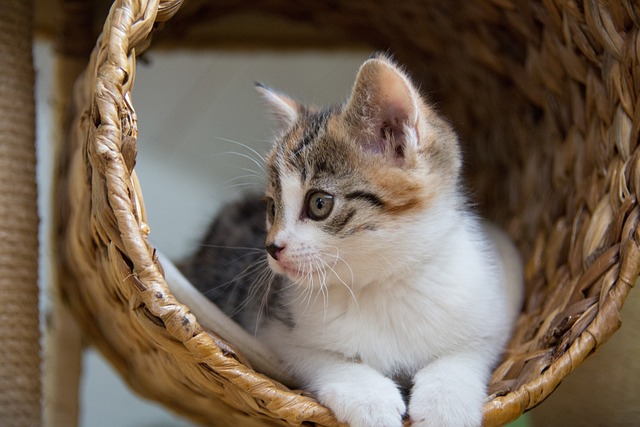My 15-year-old feline companion, Lance, sits contentedly beside me as I pen down these words. Lance holds a special place in my heart, being the eldest among my four cats. Our shared experiences have taught me valuable insights into providing optimal care for senior cats. Care for senior cats revolves around owner observations, regular veterinary exams, and maintaining a keen awareness through wellness testing.
The American Association of Feline Practitioners (AAFP) Senior Care Guidelines categorizes older cats as mature or middle-aged from 7 to 10 years, seniors from 11 to 14 years, and geriatric from 15 to 25 years. However, many professionals start considering cats aged 7 and older as seniors, opting for wellness exams every six months instead of annually. Those closely associated with felines understand the subtlety of signs of illness and the adeptness with which cats can conceal multiple health issues.
As various diseases become more prevalent in older cats, heightened vigilance is essential after the age of 7 to detect and prevent problems early on.
What to Observe in a Senior Cat
- Weight Changes: Monitor both overall weight and body condition score.
- Litter Box Habits: Observe any increase in clump size or frequency of litter box use.
- Mobility: Note any decrease in the ability to climb stairs or jump.
- Behavioral Changes: Look for alterations in resting patterns, sleep, hiding, and interactions with family members.
Common Diseases in Senior Cats
- Dental Disease: Dental resorptive lesions affect over 80 percent of cats by the age of 5.
- Osteoarthritis: This degenerative joint disease impacts over 90 percent of cats at 10 years of age.
- Kidney Disease: Found in over 20 percent of all cats, symptoms can be subtle, such as increased drinking or changes in litter box habits.
- Hyperthyroidism: Weight loss, increased appetite, and vocalization are hallmarks.
- Inflammatory Bowel Disease: Symptoms include vomiting, diarrhea, and weight loss.
- Diabetes: Common in older, overweight cats.
- Cancer: Various types, including intestinal, mammary, and oral cancers, are more common in senior cats.
- Cognitive Dysfunction Syndrome: About 80 percent of cats experience cognitive dysfunction at 15 years and older.
Your Veterinarian’s Role
Regular veterinary exams every six months for cats over 7 years are crucial. Since cats excel at hiding diseases and often have multiple issues, exams and wellness testing are paramount for maintaining senior cat health. A basic wellness exam should include a chemistry panel, thyroid level check, complete blood count, urinalysis, and screenings for heartworm, Felv, and FIV.
Keeping Your Senior Cat Healthy
- Meet All Needs: Ensure your cat has access to water, food, a litter box, social interactions, and comfortable resting places.
- Regular Vet Visits: Biannual visits after age 7 are essential. Utilize tips from AAFP to make these trips stress-free.
- Regular Weigh-Ins: Use a quality baby scale for accurate weight monitoring.
- Observation: Pay close attention to any changes, given that cats age significantly faster than humans.
- Fresh Water Access: Provide wide bowls to prevent “whisker fatigue,” and avoid plastic bowls to prevent chin acne.
- Litter Box Adaptations: Use low-entry litter boxes for ease of access, especially for arthritic cats.
- Video Cameras: Employ devices like PetCube Bites Wi-Fi pet camera for remote monitoring and interaction.
- Cat-Friendly Pet Sitting: When traveling, enlist cat-friendly neighbors or friends for pet-sitting.
Best Nutrition for Senior Cats
Annual blood work helps veterinarians determine if dietary adjustments are needed. Protein and phosphorous levels are critical considerations. For cats with renal issues or a history of bladder stones, a canned food diet in small, frequent portions encourages water consumption.
Any diet changes should be gradual and guided by your veterinarian based on physical exams and wellness test results.
In conclusion, a holistic approach involving vigilant care, appropriate nutrition, and an adapted home environment ensures that senior cats enjoy their golden years to the fullest.



